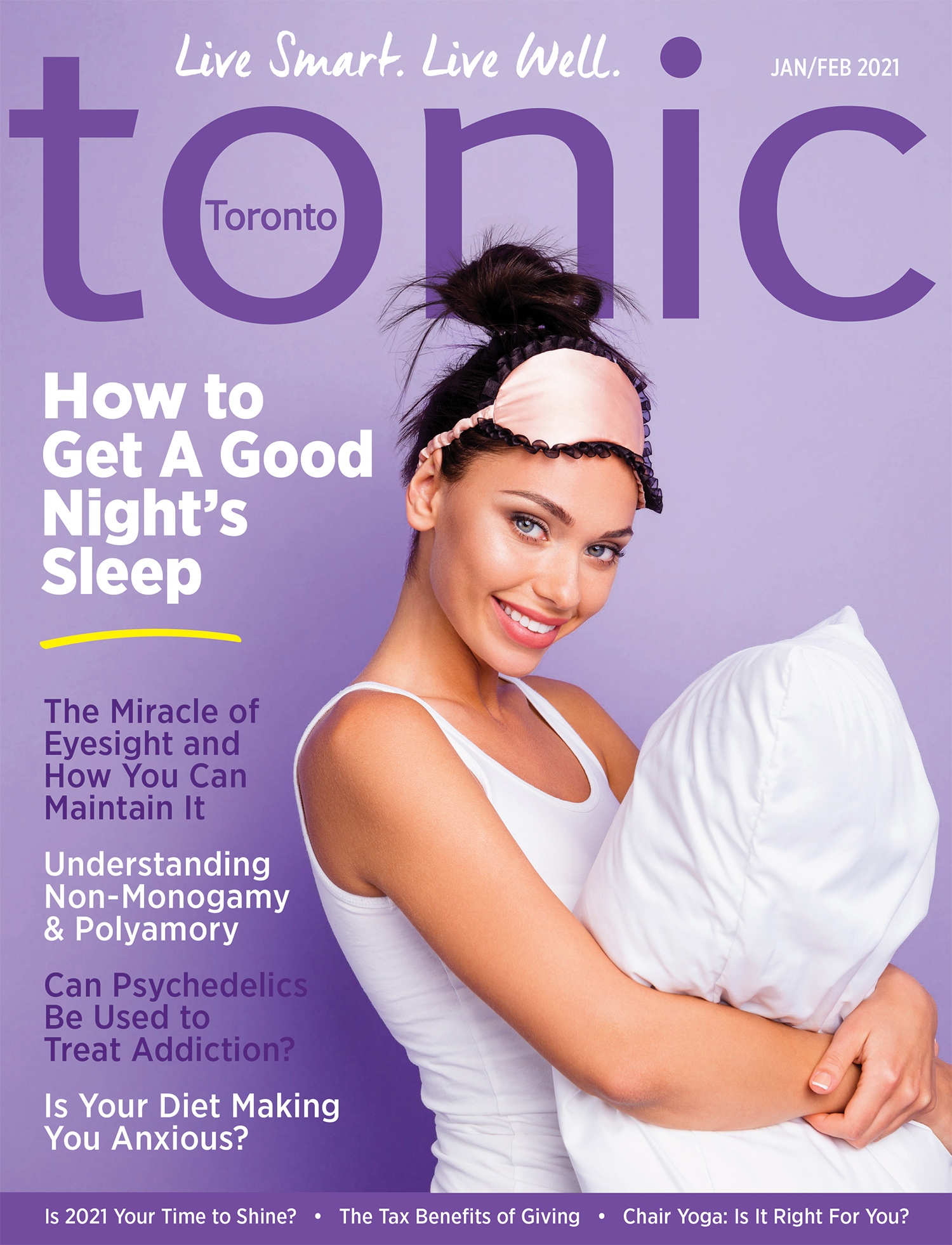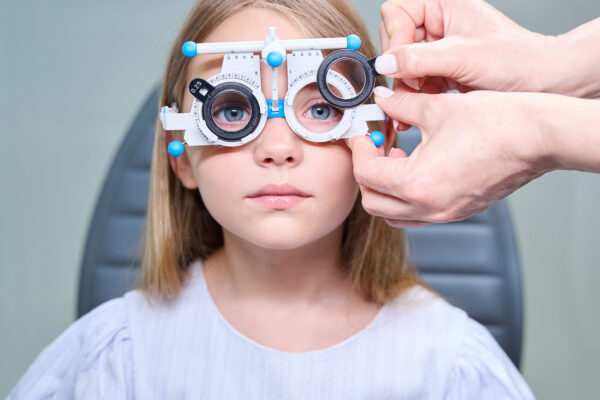How To Get a Good Night’s Sleep
Top Tips For Maximizing Your Shuteye
Jamie Bussin and Adarsh Shah
On Episode #138 of THE TONIC Talk Show, Adarsh Shah discussed the best ways to maximize your sleep experience. This is an excerpt from that discussion. For the full interview, please visit www.thetonic.ca
What is a “good night’s sleep? It’s different for everyone. Research shows that for most adults it’s between 7 to 8 hours. But it can vary anywhere between 5 to 12 hours per night, depending on factors like your own personal sleep cycle. In 1929 it was discovered that our brain actually doesn’t turn off when we sleep, but rather goes through a series of activities: REM (which is the deeper sleep, during which it is harder to be woken up) and Non-REM. There is such a thing as too much sleep. The “deep sleep” that we need to regenerate comprises only 20%-25% of our total sleep.
Why do some people have difficulty falling asleep? Caffeine is a big factor. It’s a stimulant that can remain in the bloodstream for between 6-8 hours. Stress is another factor, particularly during Covid-19. People are worried about their health and that of their loved ones or financial stresses. Creating a calming environment and managing your stress will help.
How can we create a calming environment? I avoid watching television at night and not being on my device at least an hour before I want to go to sleep. Eliminating or avoiding the “blue light” from devices will have a physiological effect. I also turn the thermostat down to 18-22 degrees Celsius, which is the optimal range for sleep.
How do we avoid waking up in the middle of the night? I try to remain cool. I also try to block out all light with blackout shades and I try not to have a heavy meal before I go to sleep. I would also recommend avoiding alcohol. Alcohol dehydrates you and interrupts the sleep cycle. It disrupts how you transition from Non-REM to REM sleep. Those interruptions to the sleep cycle throw your body off.
What is the biggest “sleep myth”? The idea that the older you are, the less you need to sleep. We know that infants or kids can sleep for 12 hours a day. As we get older that goes down. But when people move into their 60’s, 70’s and 80’s the thought is that they need less sleep. That’s not true. We still need a solid 6-8 hours of sleep for the mind and the body to recuperate. People in that age bracket tend to get their sleep at different times, with naps or sleep breaks during the day. In a lot of tropical cultures that nap is part of the normal sleep cycle. As long as the afternoon naps aren’t too long you can still have a good night of sleep with those daytime naps to help your body recuperate.
Adarsh Shah nurtured the rise of Ultramatic, the iconic Canadian brand of adjustable beds and maker of delightful wellness products.




